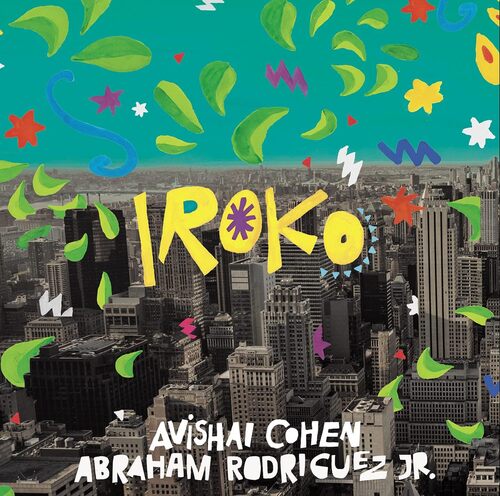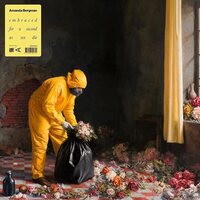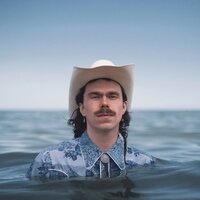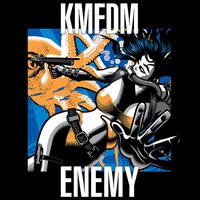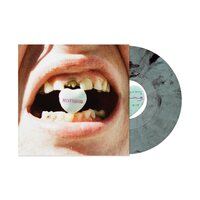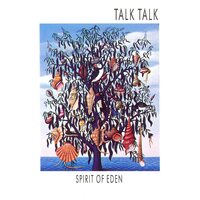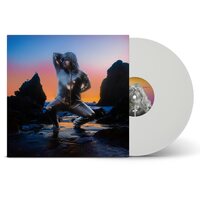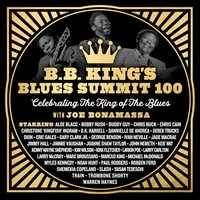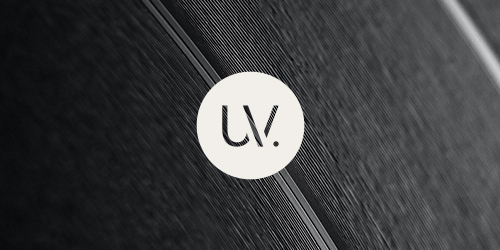Iroko launches Avishai Cohen’s longtime dream “to do a Latin project with his favorite Latin musician in New York”. Israel based bassist - singer and master conguero-vocalist Abraham Rodriguez Jr., brim with tunefulness, grooves, warmth, indelible melodies and the bonds of brotherhood to summon Yoruba gods. In Yoruba lore, Iroko is a complicated symbol—a troll inhabiting the top branches of a tree called “the throne of god,” guarded against lest he come to earth, be seen and drive men mad. But Iroko, the French naïve label’s unique release by singer-bassist Avishai Cohen and conguero-vocalist Abraham Rodriguez Jr., brims with tunefulness, grooves and warmth. It has deep roots in esoteric religion and popular song, and comes naturally from these 30-year cross-cultural collaborators who ward off trouble, united in musical spirit. The album is the 20th for prodigious Israel-based composer-performer Cohen, but just the third project out-front for Rodriguez, a self-described Nuyorican, Santeria-adept and doowop-batarumba king, though he’s added his secret sauce for decades to the best Latin New York recordings. It’s as soulful as a streetcorner serenade in Spanish Harlem. Appeals to the Yoruba orishas flow among reappraising versions of James Brown’s “It’s a Man’s World,” the 1960 Academy Award-winner “Theme to Exodus,” and Sinatra-associated “Fly Me To the Moon.” Everything’s grounded in the propulsive clavé rhythm that underlies virtually all Afro-Caribbean-derived music (jazz included), as Rodriguez’s hand-drumming locks in syncopation with Cohen’s irresistible bass patterns, and their voices blend like those of true friends. Iroko launches Cohen’s longtime dream “to do a Latin project with my favorite Latin musicians in New York. It starts with this concept record, just me and Abi,” he says, “followed by the premiere in March in Paris of our band [with drummer Hernacio “El Negro” Hernandez, trumpeter Diego Urcola, saxophonist Yosvany Terry, and Spanish singer Virginia Garcia Alves], then a week at the Blue Note in New York, and dates at the summer’s festivals.” While Cohen, who earned his initial acclaim in the piano trios of Chick Corea and Danilo Perez, has previously convened world-spanning ensembles such as the International Vamp Band, and Abi (as he’s called, not by Avishai alone) has led the bands Cachimba Inolvidable and Okonkolo, Iroko is unprecedented as a synthesis of influences the duo reveres. They first met in 1993, working with pianist Ray Santiago’s band out of Manhattan’s Lower East Side. “It was a collaboration of Cuban and Puerto Rican music, with a little jazz,” Abi says. “A Nuyorican thing.” Avishai recalls, “As I got to where they were rehearsing, I heard the piano and conga doing some montuno [a repeating ostinato figure], slipped the cover off my bass and just joined in. We didn’t know each other yet, but the rest is a history of many gigs together.” Avishai had studied jazz at the New School and Mannes School of Music, choosing as a teacher Andy Gonzalez, the busiest bass player on the Latin scene. Abi, a Santeria priest validated in his mixture of the sacred and secular by his godfather, the bata great Orlando “Puntilla” Rios, knew bassist Gonzalez and his trumpet/conguero brother Jerry Gonzalez, from the drum circles he sat in with while growing up. They were principals of Grupo Folklórico y Experimental Nuevayorquino, in which Abi played, and the Fort Apache Band, best known for Latin-izing the compositions of Thelonious Monk. Iroko is dedicated to the Gonzalez brothers, now both deceased, as a gesture to the salsa-meets-jazz movement that counts Machito and Dizzy Gillespie, Mongo Santamaria, Ray Barretto and Eddie Palmieri among its stars. “What attracted me at first to Abi and Ray Santiago’s music was its New York edge, Latin music swinging a little differently, which Abi embodies as a melting-pot musician. He’s created a language for himself out of r&b, blues, doowop, jazz, Motown—a world of his own that I wanted to play bass in. From beginning to end, just conga, bass and vocals, and profoundly beautiful songs we could take apart and make our own. Now when I listen to the groove of it, I want to dance. The essence is there.” “As Mongo Santamaria said, ‘Drum and chant,’” Abi adds. “That’s what we have here. It’s universal, and for everyone, young and old. Even those who are bitter, when they hear these songs, will be touched and smile. Those who are angry? We’ll kill them with kindness.” On Iroko, Avishai Cohen and Abraham Rodriguez Jr. summon Yoruba gods, indelible melodies and the bonds of brotherhood as a stand against the insanity that threatens us if we forget that our ultimate strength comes from creating beauty together.
Release date:
May 5, 2023
Label:
Install our app to receive notifications when new upcoming releases are added.

Recommended equipment and accessories
-

Cartridges - Top Picks
A selection of turnatble cartridges that provide great performance and sound quality
-
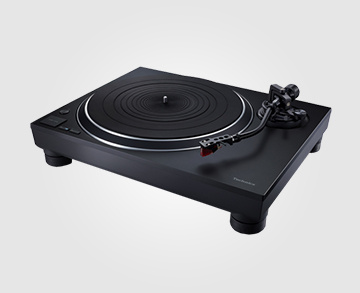
Technics SL-1500C Turntable
Features a direct-drive motor, a high-precision tonearm, and a premium MM cartridge, delivering exceptional sound quality
-

Vinyl Care - Top Picks
A selection of accesories to keep your turntable equipment & vinyl records in the best shape
-

Ortofon 2M Red Cartridge
Features an elliptical stylus that accurately tracks the grooves of vinyl records, delivering a rich, detailed sound with an output voltage of 5.5 mV
-

Nobsound Little Bear T7 Tube Preamp
Delivers rich, warm audio through its high-quality vacuum tubes, featuring multiple inputs and adjustable gain
Featured Upcoming Vinyl
-

Anderson Paak Malibu (10 Year Anniversary) [2xLP]
Obe / Apeshit INC
April 17, 2026 -

Amanda Bergman Embraced for a Second as We Die
Year0001
February 6, 2026 -

Boy Golden Best of Our Possible Lives
Six Shooter Records Inc
February 13, 2026 -

KMFDM ENEMY
Metropolis Records
February 6, 2026 -

Nothing A Short History of Decay (Gray)
Run For Cover
February 27, 2026 -

Slayyyter Wor$t Girl In America
Columbia Records Group
March 27, 2026 -

Peach PRC Porcelain Mother of Pearl
Casablanca/Republic Records
March 20, 2026 -

Luke Combs The Way I Am [2xLP]
Sony Music Nashville
March 20, 2026 -

Talk Talk SPirit Of Eden Half-Speed Master
Rhino / Parlophone
February 6, 2026 -

Steel Beans Steel Beans (White)
Apeshit LLC.
March 6, 2026 -

Denzel Curry & The Scythe Strictly 4 The Scythe (Transparent Violet)
Loma Vista Recordings
March 6, 2026 -

Denzel Curry & The Scythe Strictly 4 The Scythe
Loma Vista Recordings
March 6, 2026 -

Joe Bonamassa B.B. King's Blues Summit 100 [3xLP]
Ktba Records
February 6, 2026 -

Daphni Butterfly [2xLP]
Jiaolong
February 13, 2026
